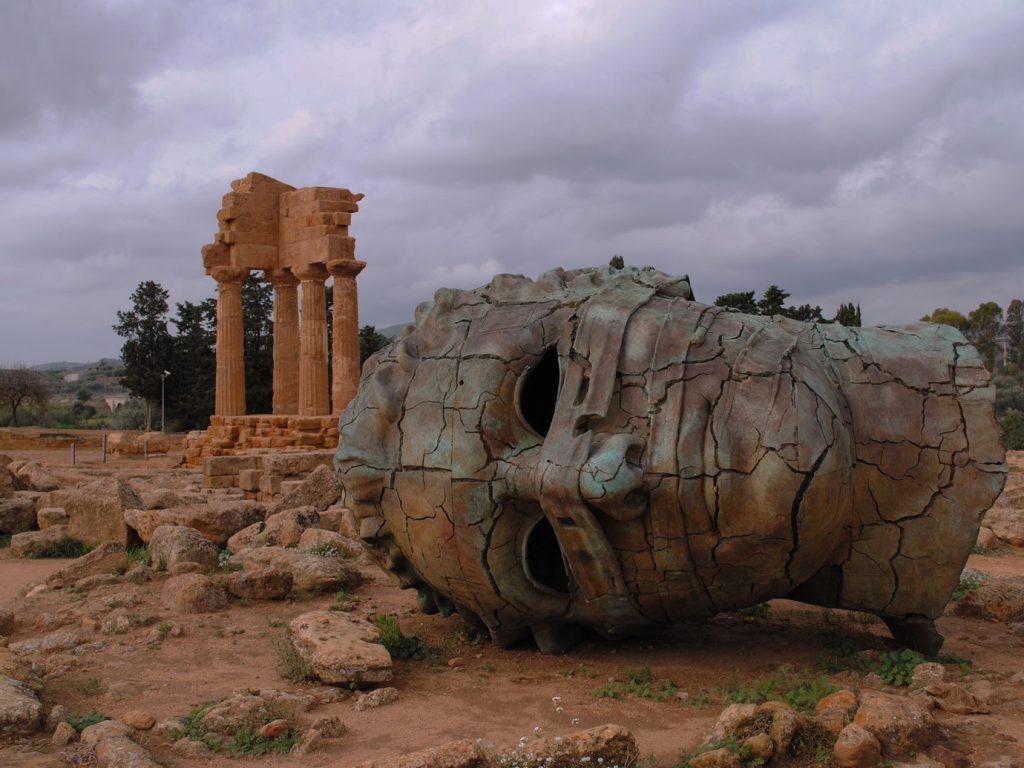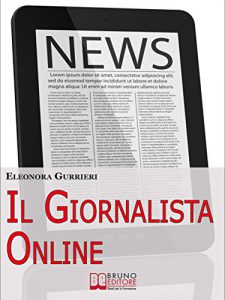The XXI century or the age of crisis (1st part)

Nihilism, metaphysics and ethics
Why is this the age of crisis? The answer is not that simple and there are several reasons which act at the same time. For this, the topic will be divided into other two further articles, which will address it from an economic point of view and the crisis of science, whereas in the following one I am going to enquire into the strictly philosophical causes.
“Here, there is no above and no below! Throw thyself about,–outward, backward, thou light one! Sing! Speak no more! –Are not all words made for the heavy? Do not all words lie to the light ones? Sing! Speak no more!“
Thus spoke Zarathustra, Friedrich Nietzsche
Every consideration and critical thought about reality arise from a question: it is precisely doubt that allows us to reach knowledge. In this case, the questions to ask are: Why do we feel as if there are no values in our society any more and it is on its way to an unknown and threatening future? Why are thousand year-old institutions, such as the Church, marriage and family, falling apart? And why is there a pitiful cultural production and political debate? With bad poets who improvise characterless verses, “artists” who make beats with gangland, drug, money, and politicians who propagandise empty populist ideas?
One of the possible causes can be found in the phenomenon of nihilism (from Latin nihil, nothing), developed by the philosopher Friedrich Nietzsche. This term means the lack of any moral and ethical values because of the so-called”death of God”, a metaphor, which indicates the human’s awareness of the illusion of metaphysics and God as well. In fact, after the death of God, every Judeo-Christian value (linked to Jewish and Christian tradition), among which the most important is the search of a purpose in everything, were replaced with nothingness and human being’s angst towards their mortality, their finiteness and disorientation.
However, nothingness is not necessarily negative for humankind: in 1665 when the University of Cambridge closed due to the plague, the young Isaac Newton had to address the boredom of endless days and the very slow turning of the hours. It was precisely in those two years of forced idleness that Newton laid the foundations for calculus because remarkable ideas arise from silence and emptiness. This is the solution that Nietzsche proposes with “active” nihilism, i.e. rising from the ashes of old values, to build new and positive ones through one’s own initiative and will.
Nonetheless, in today’s society, there’s no time for emptiness and silence because we live every moment of this kind as suffering: when we have a few free hours, we immediately watch a film; if we have a few free weeks, then we choose a TV series; if it is a matter of a short instant, then we go to Facebook or Instagram and scroll down a few posts.
Such a mechanism kills so much each big and even small reflection about our current issues that the Italian philosopher Gianni Vattimo speaks of “weak thought” (pensiero debole), referring to the inability of elaborating a philosophical system as it was in the past (Kant, Hegel, Marx). A perfect example of this comes from Twitter that encloses and limits thoughts and considerations up to 280 characters. By doing so, we fall into what Nietzsche calls “passive Nihilism”, which he warns is a dangerous alternative, but which we have definitely chosen. This is where the confusion arises, which we are aware of, but which we repeatedly ignore by doing other things, while society continues without new values.
To tell the truth, only two values have taken the place of the old and have come forward in the desolate expanse of nothingness, that is money and technology, as Umberto Galimberti, an Italian psychoanalyst and philosopher, recalls in the conference “Losing oneself in order to be nothing, the current problem of nihilism “[1].
Technology can be defined as the set of all the tools and methods with which human beings interact in their work. Nihilism and the rise of technology as a new founding value has dramatically important consequences in the field of ethics: Galimberti points out how modern humans have become officials of technical apparatuses, which implies that they stop asking themselves the purpose of things (as Christianity dictated) and proceed only following a model. As a result, humans are solely responsible for the perfection of their tasks, (i.e. the perfection with which they carry out orders) while they are not responsible for the consequences of their actions.
At this point Galimberti gives a slew of examples to demystify the role of responsibility within this “Brave New World”: was the Canadian banker who through his actions allowed Saddam to obtain the weapons responsible? No, he was responsible for maximum efficiency in his task: to make the bank a profit. Are military factory workers responsible for the deaths caused by the bombs they build? No, they are only asked to assemble them in a perfect way and to make them a perfect and sure instrument of death.
Was the pilot who dropped the atomic bomb on Hiroshima and Nagasaki responsible for the hundreds of thousands of deaths? No, he was only responsible for hitting the target and pressing the release button. Were the Nazis employed in the concentration camps for the killing of Jews responsible for their extermination? No, they were only responsible for the perfection of the execution of their work, that is, for killing as many Jews as possible in the shortest possible time and not for the killing itself.
It is no coincidence that the Nazis are mentioned because it is precisely in the concentration camps that the system of “total denial of responsibility for our actions”[2] was born, which is required of all of us in the age of technology.
It is no coincidence that the Nazis defended themselves in trials by saying: “I only followed orders”.
Therefore, those who believe that Nazi atrocities cannot be repeated in democratic Europe and that we have learned the lesson, have not understood that the mechanism that led to this horrendous system of death has not disappeared at all, but rather is continually repeated under different forms.
History confirms this: in Cambodia in the 1970s, the Khmer Rouge faction created new concentration camps and exterminated a third of its own population, causing two million deaths. And besides, it happens in a small way even today as mentioned above with the arms factories.
But the detractors can already be heard protesting, saying that in this way universal principles are not respected! Unfortunately, this is not true either. There is a huge metaphysical problem (concerning existence or non-existence) for those who support this theory: if the Axis powers had won the war, the cancellation of the Jews would have been a positive value to pursue! Consequently, there cannot be universal values, always valid and the same in every time and in every place.
JOSEPH KEYNES






